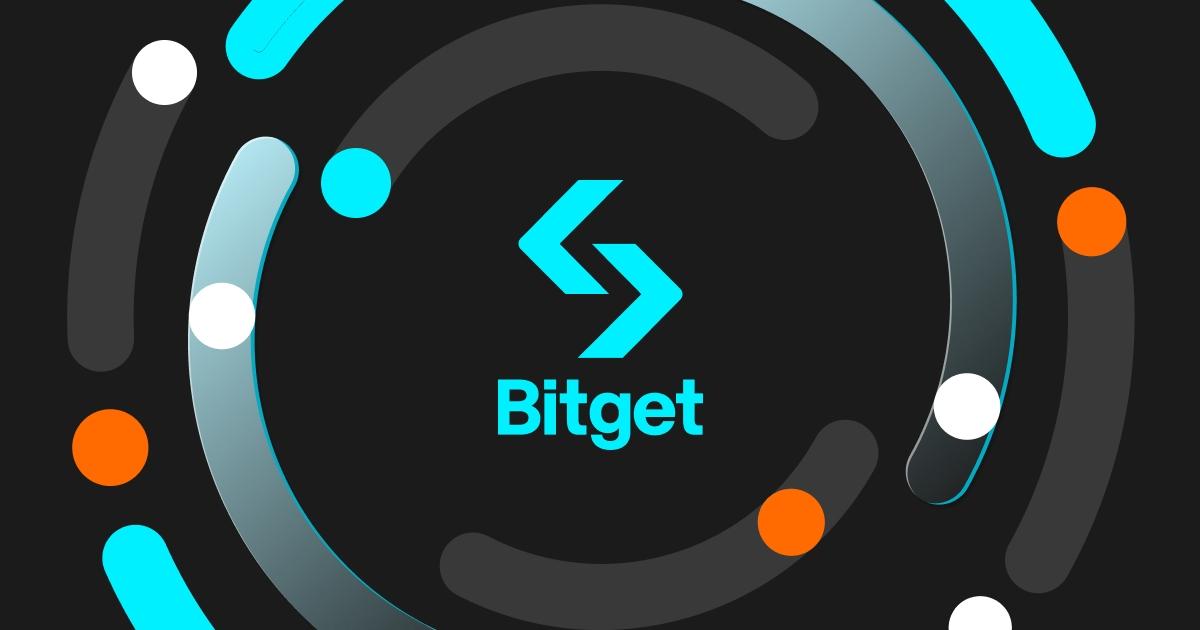Bitget’s Token Plunges Over 50%, Exchange Promises Full Compensation
07.10.2024 17:30 1 min. read Alexander Stefanov
On October 7, Bitget's native BGB token experienced a serious crash, falling from $1.14 to just over $0.53 in a matter of minutes before partially recovering to $1.
This drop of over 50% in just five minutes caused considerable concern among traders, sparking speculation about the potential causes.
In response, Bitget quickly announced a compensation plan for affected users, committing to fully cover all losses and provide additional details within 24 hours, and completing the process in 72 hours.
The sudden volatility, which lasted about ten minutes, raised questions about possible causes such as low liquidity, market manipulation or technical problems.
Market conditions during the event were sluggish, potentially influenced by Asian holidays such as Golden Week, which often affect liquidity and trading activity.
Ryan Lee, principal analyst at Bitget Research, stressed that the price decline should be viewed in a broader context. He pointed out that despite the temporary downturn, BGB has shown impressive growth, increasing by over 130% in the last year. Lee attributed this performance to strong community support and innovation in the Bitget ecosystem, which have helped the sustainability and long-term potential of the token.
Bitget has also announced plans to optimize margin positions, risk management strategies and liquidation mechanisms to enhance trade safety and prevent future incidents like this one.
-
1
Ondo Price Breakout Confirms Bullish Trend: What’s the Target in Sight
16.07.2025 8:34 2 min. read -
2
Over $5.8 Billion in Ethereum and Bitcoin Options Expired Today: What to Expect?
18.07.2025 16:00 2 min. read -
3
Top 7 Crypto Project Updates This Week
19.07.2025 18:15 3 min. read -
4
These Blockchains are Quietly Heating up—Sonic Leads With 89% Address Growth
14.07.2025 16:00 1 min. read -
5
BlackRock Moves to Add Staking to iShares Ethereum ETF Following SEC Greenlight
18.07.2025 9:00 1 min. read
Bonk Price Prediction: BONK Nears Key Area of Support – Is It Ready for a Big Bounce?
Bonk (BONK) has gone down by 7.6% in the past 24 hours and currently stands at $0.00002800. Although the token has been on a downtrend for a few days, it is approaching a key area of support that could favor a bullish Bonk price prediction. Trading volumes have gone down by 18% during this period, […]
Santiment Highlights 6 Most Discussed Altcoins Amid Crypto Volatility
As Bitcoin and the broader altcoin market continue to swing unpredictably, blockchain analytics firm Santiment has identified six altcoins that have sparked intense interest across social media platforms.
Ethereum Turns 10: Celebrating the Genesis Block That Changed Crypto Forever
On this day ten years ago—July 30, 2015—a revolutionary chapter in blockchain history began.
Standard Chartered: Ethereum Treasury Firms Now Form a Distinct Investment Class
A new report from Standard Chartered highlights that publicly traded companies holding Ethereum (ETH) as a treasury asset have emerged as a unique and fast-evolving asset class, distinct from traditional crypto vehicles such as ETFs or private funds.
-
1
Ondo Price Breakout Confirms Bullish Trend: What’s the Target in Sight
16.07.2025 8:34 2 min. read -
2
Over $5.8 Billion in Ethereum and Bitcoin Options Expired Today: What to Expect?
18.07.2025 16:00 2 min. read -
3
Top 7 Crypto Project Updates This Week
19.07.2025 18:15 3 min. read -
4
These Blockchains are Quietly Heating up—Sonic Leads With 89% Address Growth
14.07.2025 16:00 1 min. read -
5
BlackRock Moves to Add Staking to iShares Ethereum ETF Following SEC Greenlight
18.07.2025 9:00 1 min. read


